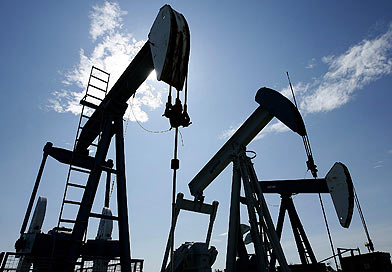Hatfield Colliery near Doncaster is proving that the UK coal mining industry is more progressive and forward-thinking than popular perception gives it credit for.
For many people during the past three decades, the perception of the UK mining industry has been one of a sector in decline. However, Hatfield Colliery is turning such assumptions around, providing ample proof that UK mining is very much alive and kicking, thanks to a cleaner, greener approach to coal usage.
